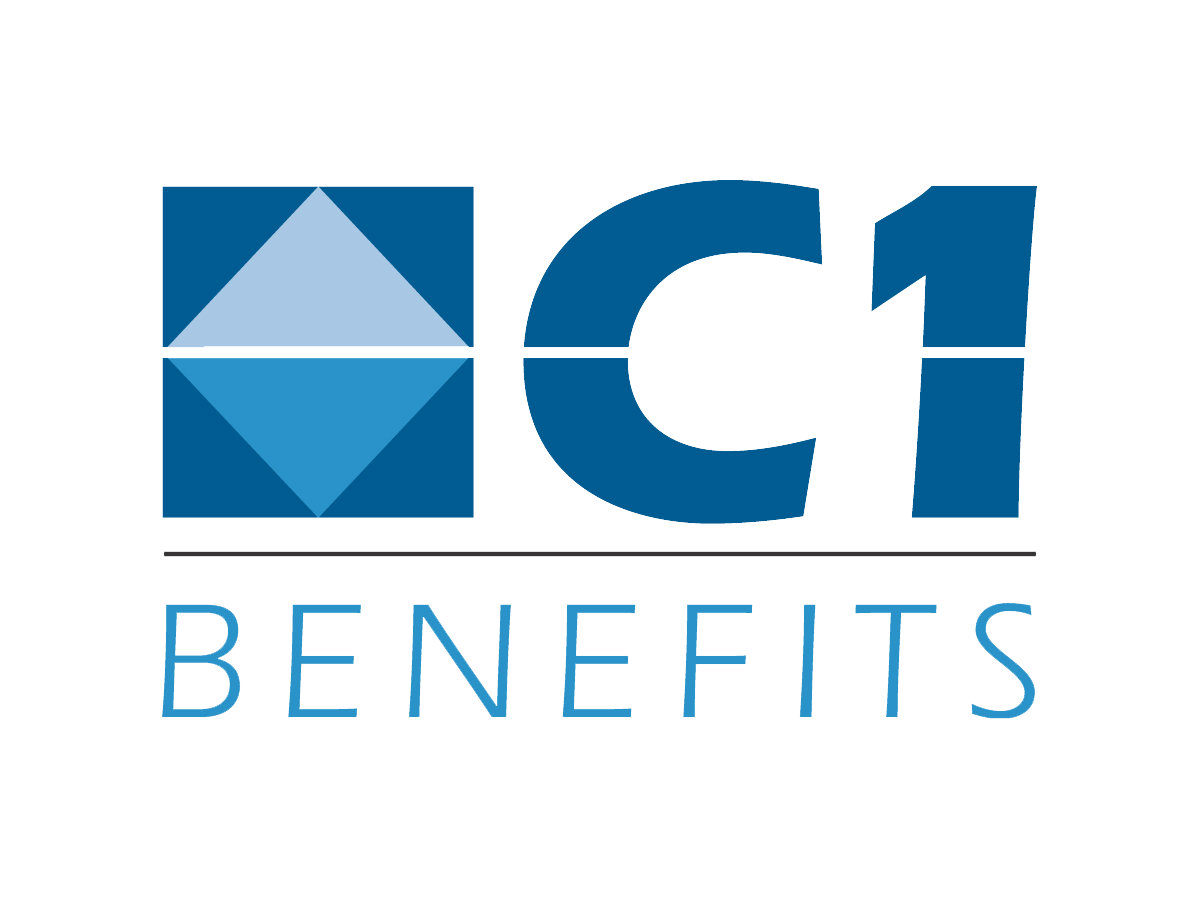C1 Benefits Program = Increased Profits
Make A Strategic Decision
Let us help you determine how much your company will save by providing "bona fide” fringe benefits instead of paying the Health and Welfare directly in the employees’ paychecks.
Overcome Reluctance
Your company may be hesitant to make this change if your employees are accustomed to receiving the Health and Welfare in their paychecks. For over twenty years, we have helped hundreds of government contractors successfully transition from paying cash to providing actual benefits.
Support Your Transition
An integral part of our services includes ongoing support and education, as well as employee presentations, to ensure your conversion process and new plan continue to run smoothly.
Plan Highlights
Service Contractors face many unique challenges such as multiple job sites in multiple states, rapid increase or decrease in work force size, multiple employee classes, seasonality, job interruptions, and daunting administrative compliance burdens. C1 Benefits offers SCA Contractors streamlined solutions tailored to their specific operational requirements.
We offer customized medical insurance structures including:
- Major Medical
- Limited Medical
- Administrative Services Only
- Dental
- Vision
- Ancillaries
- Retirement
- Self-Funded
HRA Card
The HRA Debit Card provides easy access to the funds in Healthcare Reimbursement Accounts. In most ways, the card works just like any debit card.
The HRA Debit Card is used to pay for eligible expenses including:
- Hospitals
- Pharmacy/Prescriptions
- Physicians
- Durable Medical Supplies
- Dentists
- Home Healthcare
- Vision Care
- Over-the-Counter Drugs
Key Questions
Q. What is the best way to comply with Health and Welfare requirements in government contracts?
A. By implementing a specially designed "bona fide" fringe benefit plan which meets, but does not exceed, the Health and Welfare in your contracts, you can provide high quality government contract compliant benefits at no cost to your company or employees. C1 Benefits' plans are typically less expensive than traditional plans and include dental, vision, life insurance, and other coverages for the entire family. Moreover, the savings to your company can yield a significant advantage during contract renewal negotiations and may result in your retaining and/or obtaining contracts.
Q. How can providing benefits be free to my company and employees yet save my company money?
A. Health and Welfare allocations in government contracts are earmarked for actual benefits and are designated to provide "bona fide" benefits at no expense to your company or employees. When Health and Welfare dollars are paid to bona fide" benefit plans, you provide valuable benefits entirely at the government's expense. Since such payments are made on a before-tax basis and are not part of your company's payroll, you legally avoid wasting thousands of dollars in unnecessary payroll related taxes and expenses.
Q. Can my company pay the Health and Welfare in the check as cash in lieu of actual benefits?
A. Providing cash payments of fringe benefit dollars is the most expensive means of complying with the Health and Welfare requirements since your company must also pay all applicable payroll taxes and payroll related expenses (FICA, FUTA, SUI, Workers' Compensation, etc.). Your company actually loses money by paying the Health and Welfare in the check. Moreover, as contracts become increasingly more price sensitive and competitive, a company which pays cash in lieu of benefits risks reducing profitability and increasing costs, which can result in lost contracts.
Q. Why does the government penalize a contractor for paying cash in lieu of benefits?
A. The spirit and intention behind providing Health and Welfare allocations in government contracts is three-fold: 1) to provide "bona fide" pre-tax benefits to government contract employees free of cost to the contractor and the employee; 2) to allow the contractor to install a Health and Welfare program with mandatory participation; and 3) to level the playing field between union and non-union contractors. As such, government contracting guidelines clearly favor providing "bona fide" Health and Welfare fringe benefits instead of paying cash.
